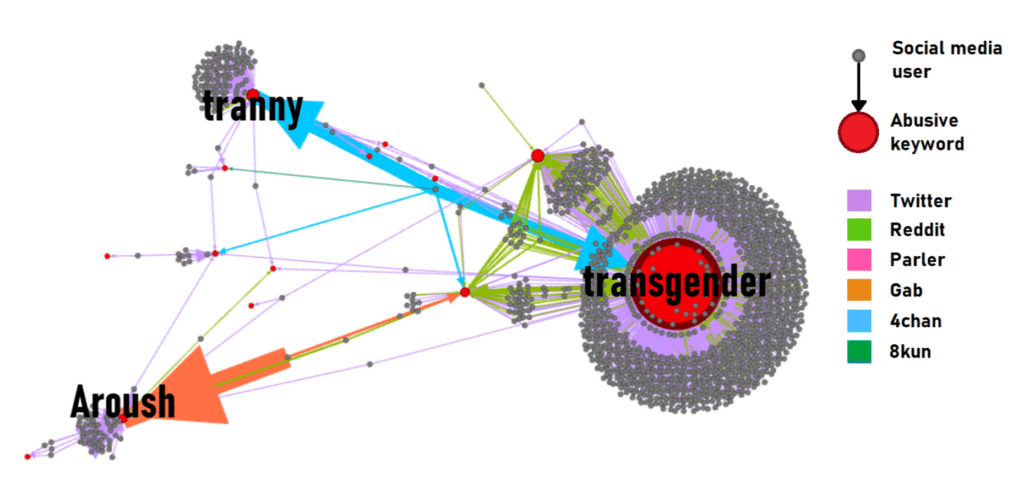Truth = Peace Deception = War Choice = You The most eligible Anon and a Pisces...
Double 17's and that is just the start of tonight's thread..damn..what will I see pop up next?
Metal nanoparticles show a particularly strong interaction with light, which is the basis for nanoparticle plasmonics. One of the main goals of this emerging research field is the alignment of nanoparticles and their integration into sophisticated nanostructures providing a tailored interaction with light. This assembly of nanoparticles at well-controlled substrate sites often involves expensive technological approaches, such as electron beam lithography in order to fabricate the nanoparticle structures.
Furthermore difficult numerical simulations are needed to predict their optical properties. Both requirements, fabrication and prediction, complicate a cost-efficient exploitation of nanoparticle plasmonics in optoelectronic devices. Here we show that silver nanoparticles deposited under exposure to visible light arrange in a way that the resulting structure shows an optimized interaction with that light. This way, the light not only controls the nanoparticle alignment with an estimated accuracy of well below 20 nm during deposition from the liquid phase, but also defines the optical properties of the growing structure, and therefore complicated prediction is not needed.
Kevin McHugh, now an assistant professor of bioengineering at Rice University and the lead researcher on the project, said he's baffled by the idea that his project involves tracking chips. "There's no microchips at all," he said. "I don't even know where that comes from. All the quantum dots [do is] produce light."
We report a novel approach employing hybrid upconversion nanomaterials, combined with the photoresponsive ion channel channelrhodopsin-2 (ChR2), to achieve near infrared light (NIR)-mediated optogenetic control of neuronal activity. Current optogenetic methodologies rely on using visible light (e.g. 470-nm blue light), which tends to exhibit high scattering and low tissue penetration, to activate ChR2. In contrast, our approach enables the use of 980-nm NIR light, which addresses the short-comings of visible light as an excitation source.
This was facilitated by embedding upconversion nanomaterials, which can convert NIR light to blue luminescence, into polymeric scaffolds. These hybrid nanomaterial scaffolds allowed for NIR-mediated neuronal stimulation, with comparable efficiency as that of 470-nm blue light. Our platform was optimized for NIR-mediated optogenetic control by balancing multiple physicochemical properties of the nanomaterial (e.g. size, morphology, structure, emission spectra, concentration), thus providing an early demonstration of rationally-designing nanomaterial-based strategies for advanced neural applications.
Colloidal quantum dots (QDs) are nanoscale semiconductor crystals with surface ligands that enable their dispersion in solvents. ... Colloidal QDs can be integrated in devices using solution-based assembly methods to position single QDs and to create ordered QD arrays.
Colloid Cysts are benign cystic fluid collections that occur within the fluid-filled ventricles of the brain. Colloid cysts develop in the brain at the junction of the paired lateral ventricles and can cause blockage of cerebrospinal fluid (CSF) flow leading to hydrocephalus (excess brain CSF).






